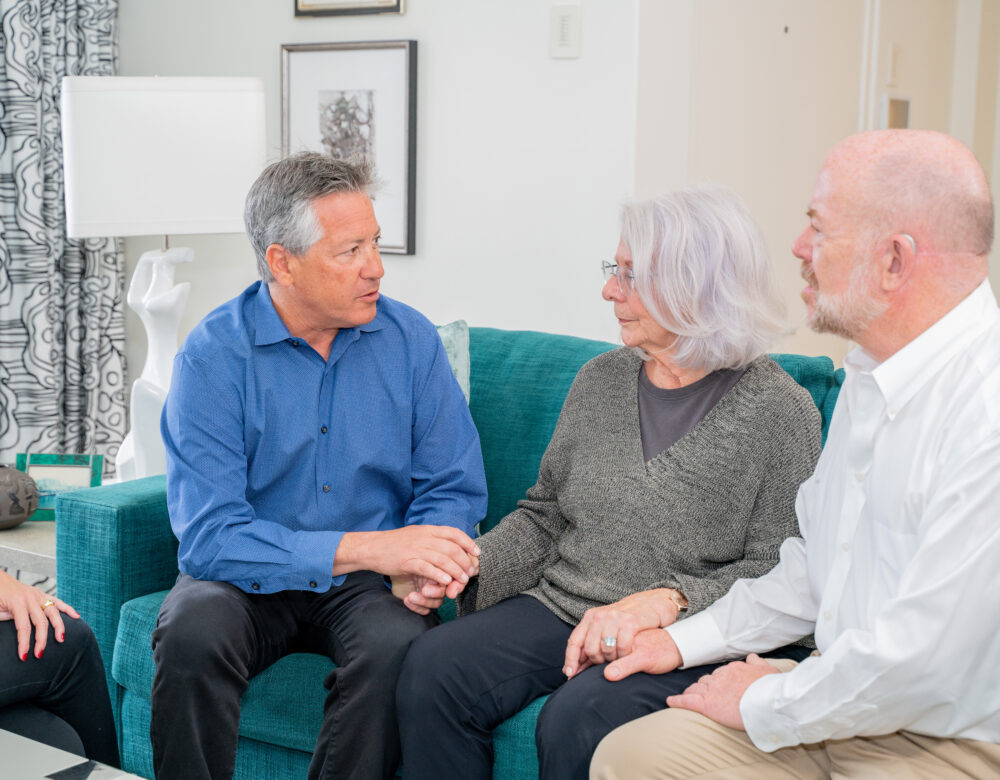
Psychology Today: Key Differences Between Palliative and Hospice Care in California

There are more than 90 million Americans living with a serious illness today. With the aging of baby boomers in this country, that number is expected to double over the next 25 years. Most adults in the U.S. say they prefer to be cared for at home when diagnosed with a serious illness. However, many do not receive care at home because they do not plan accordingly. The best time to discuss your End of Life Options is before you enter a crisis so that you can make informed decisions with peace of mind. Understanding the key differences between the care that can successfully help relieve the symptoms of a serious illness and provide comfort in the final stages of life is the first step to choosing the way you want to live out your final moments.
In this recent article for his Psychology Today Series, Permission to Choose, Dr. Bob Uslander, Co-Founder of Empowered Endings, explains the key differences between hospice and palliative care so you can make decisions that ensure you receive the care you deserve when the time comes. As a physician with over 35 years of experience in emergency, palliative and hospice care, Dr. Uslander can assure you that the sooner you discuss the end-of-life options the better for everyone involved.
Here are the key differences between palliative and hospice care in California:
Palliative Care: Can begin at any stage of a serious illness, even while you are receiving curative treatment.
Hospice Care: Begins when you are in the final stages of an illness and a doctor believes your life expectancy is six months or less.
Palliative Care: Aims to make you feel better while fighting your illness. It’s about comfort alongside treatment.
Hospice Care: Focuses only on comfort, not curative treatment.
Palliative Care: Often provided in hospitals, clinics, at home, or through virtual visits, depending on the need.
Hospice Care: Often provided at home, in a hospice center, or in a long-term care facility.
While both palliative and hospice care are important and can provide valuable guidance and support, they are both services that are delivered within the framework of a very complex and often inefficient healthcare system. There are times when people may need more resources and time with experienced palliative and end-of-life care providers. Discussing the level of care you would like with your family is important to ensure you receive the care you deserve when the time comes.





